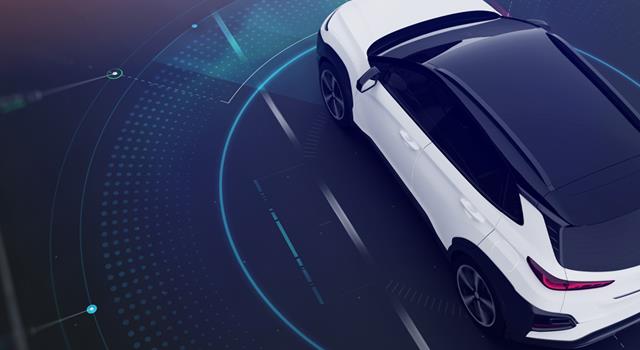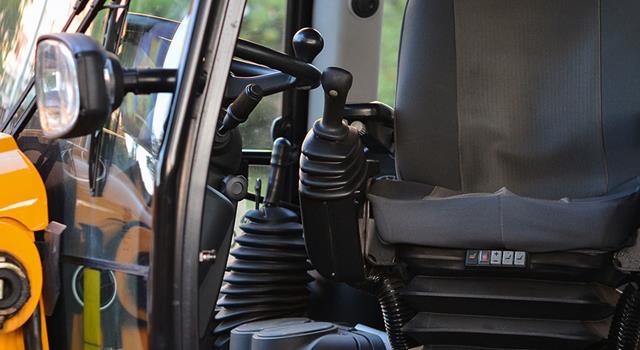As the world faces increasing challenges related to climate change, resource depletion, and pollution, sustainability has become a top priority for businesses and consumers alike. In the automotive and industrial sectors, speed sensors play a critical role in promoting sustainability through improved efficiency, reduced energy consumption, and enhanced performance. In this blog post, we will explore how speed sensors contribute to sustainability and examine their potential for driving positive change in various industries.
- Enhancing Fuel Efficiency in Vehicles:
One of the most significant ways in which speed sensors contribute to sustainability is by improving fuel efficiency in vehicles. By accurately monitoring and controlling vehicle speed, these sensors help optimize engine performance and reduce fuel consumption. This, in turn, leads to lower greenhouse gas emissions and a reduced environmental impact. Advanced speed sensor technologies, such as adaptive cruise control systems, further enhance fuel efficiency by automatically adjusting vehicle speed to maintain a safe distance from other vehicles on the road.
- Enabling Efficient Industrial Processes:
In the industrial sector, speed sensors play a vital role in optimizing the performance of various types of machinery and equipment. By providing precise data on motor speed and torque, these sensors help ensure optimal energy use, minimize waste, and enhance productivity. For example, in conveyor systems, speed sensors can adjust the speed of the conveyor belt to match the flow of goods, preventing energy waste and reducing wear and tear on the equipment. The result is a more sustainable and cost-effective operation.
- Facilitating the Growth of Renewable Energy:
Speed sensors are essential components in many renewable energy systems, such as wind turbines and hydroelectric generators. By accurately measuring and controlling the rotational speed of these systems, speed sensors ensure optimal energy conversion and prevent damage to equipment. This contributes to the efficient generation of clean, renewable energy, which plays a crucial role in mitigating climate change and promoting sustainability.
- Supporting the Development of Electric and Autonomous Vehicles:
The emergence of electric vehicles (EVs) and self-driving cars has the potential to transform the transportation industry and greatly reduce its environmental impact. Speed sensors are integral to the functioning of these vehicles, providing critical data on motor performance and vehicle speed. In EVs, advanced speed sensor technology helps optimize energy consumption and extend battery life, while in autonomous vehicles, precise speed control is crucial for safe and efficient navigation.
As the demand for sustainable solutions grows, speed sensors are proving to be invaluable tools in promoting efficiency, reducing environmental impact, and supporting the development of green technologies. From improving fuel efficiency in vehicles to enabling efficient industrial processes and facilitating the growth of renewable energy, speed sensors are at the forefront of driving sustainability across various industries. By continuing to innovate and develop new sensor technologies, we can unlock even greater potential for reducing our collective environmental footprint and securing a more sustainable future for all.







